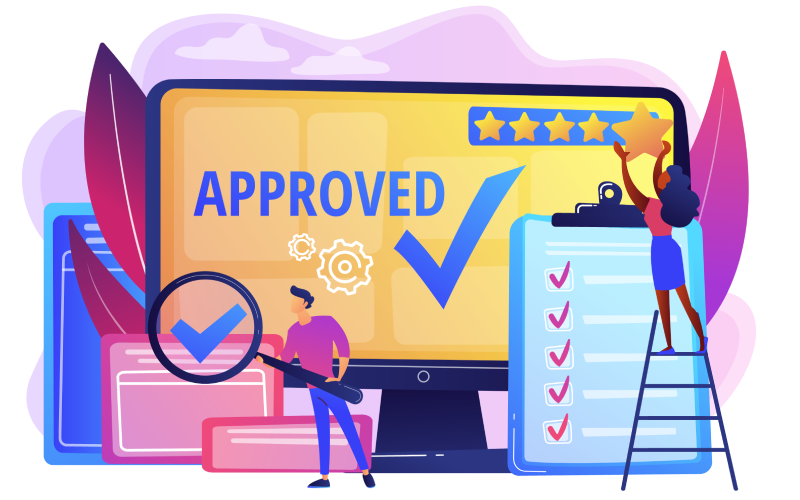Introduced by Tim Ambler and Simon Barrow in 1996, employer branding refers to the positioning and marketing of the employment process, including an employer’s reputation as a place to work and their employee value proposition. Since the 1990s, our understanding of the concept has evolved considerably.
These days, try as some companies may, employer brand is not driven from the top. It’s the entirety of an organization’s culture and reputation and can be a mix of both the consumer and employer reputation. It’s truly a team effort and is seldom influenced by individual actions. It is as much about external perceptions as it is internal.
Bottomline: your employer brand exists whether you think it does or not, either by design or default.
Let’s talk about how organizations can build an authentic employer brand in 2022.
What is an authentic employer brand?
Marketing leader Seth Godin defines authenticity as consistent emotional labor: “We call a brand or a person authentic when they’re consistent, when they act the same way whether or not someone is looking. Someone is authentic when their actions are in alignment with what they promise.”
Authenticity, as it relates to employer branding, is a measure of candidates’ and employees’ perceptions: Does the organization appear genuine? Is the messaging cohesive? Do their actions match their words and intentions? Platforms like Glassdoor have brought unprecedented transparency into organizational cultures and have become one way to “cross check” fact with potential fiction. For instance, employees can now rate their organization and leadership. Not surprisingly, confidence in leadership is a top driver of engagement for fast-growing and highly-engaged companies.

Digging a little deeper, we can see how employer branding has ridden the wave of consumer activism, connecting the personal and professional. A recent survey found that the overwhelming majority of employees believe it’s important that their company’s core values align with their own. In fact, this value alignment is so important that 52% of workers say they would quit their job — and only one in four would accept one — if company values were not consistent with their personal values. What is particularly noteworthy is the broad alignment when it comes to one core value in particular: More than three in four employees expect businesses in general, and their employer specifically, to be a force for good in society.
Inauthentic brands have a conflicting relationship between their words and actions. For instance, it would be inauthentic for an organization to call itself inclusive if they don’t offer paid maternity leave. Similarly, if it claimed to be “the best place to work,” but underpaid and overworked their staff.
An employer brand doesn’t exist in a vacuum. It’s intricately linked to an organization’s culture, communication, corporate social responsibility (CSR), the consumer brand, and leadership values.
Now, here’s where most falter: Many view their employer brand as a unique entity, independent of the factors listed above. For instance, they may view their diversity, equity, and inclusivity (DE&I) strategy as discrete. For candidates, however, both are closely related. For example, research suggests that candidates will often choose an organization that is more environmentally friendly.
A strong employer brand is always authentic. Which means, the brand is consistent in its messaging, promise, and values to its customers, employees/candidates, stakeholders, and the communities they serve.
Who owns employer branding?
Most organizations have traditionally viewed their employer brand as a talent acquisition tactic rather than a long-term strategy. So, human resources (HR) has been the custodian of the employer brand.
However, this approach is no longer sustainable. As candidates become more discerning, the employer brand needs collective ownership, right from the most junior employee to the CXOs.
Companies that enjoy a strong employer brand have succeeded in securing employee and leadership buy-in. There is a shared understanding of the organization’s approach towards talent, how they address social and climate issues, and how these messages are ultimately communicated to the general public. Most importantly, these companies understand, at the highest levels, that the employer brand goes beyond talent acquisition – it plays an important role in retention and business performance. It is more than just a checkbox exercise.
This week we covered the concept of employer branding, authenticity and ownership. Join me next week as we take a look at what it takes to create and maintain an authentic employer brand.
To learn about Joveo’s award-winning programmatic platform, request a demo today. And follow us on Twitter and LinkedIn, where we’re always working to help you get the most out of your recruitment advertising.















